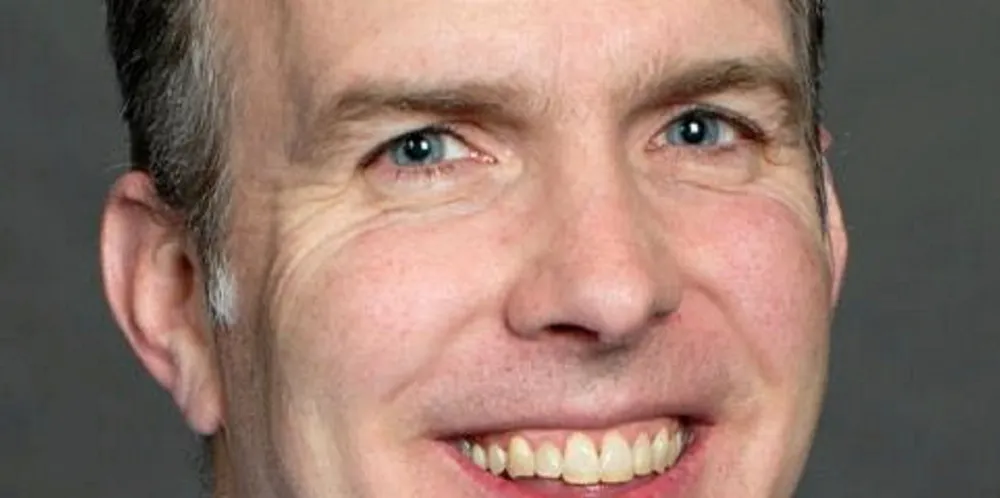Alternative feed ingredient firm brings ex-Cargill exec onboard as CEO
The Cargill veteran will help guide Unibio to the next stage of its business development.

The Cargill veteran will help guide Unibio to the next stage of its business development.
